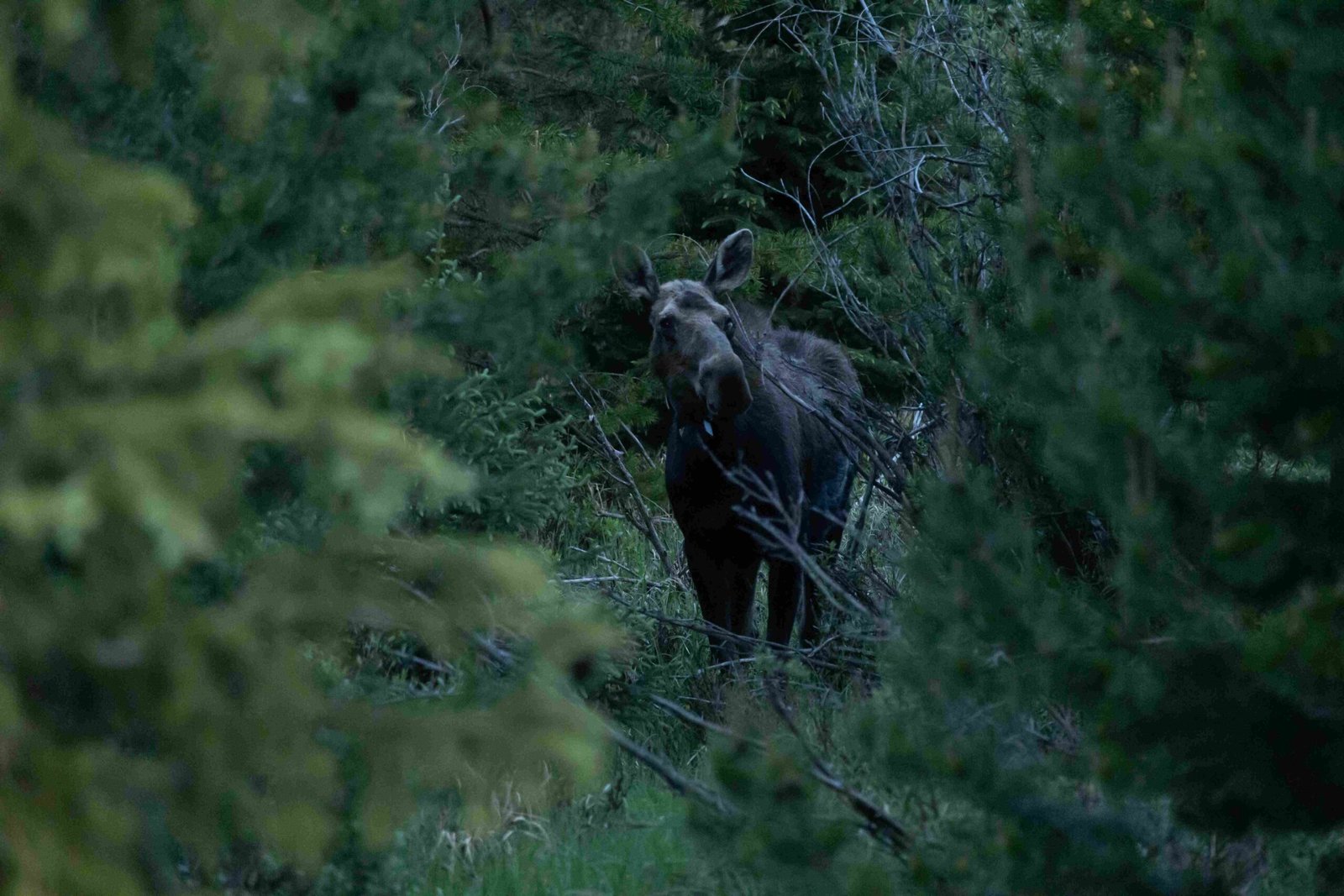The Rocky Mountain National Park Junior Ranger Badge program is an educational initiative designed to engage young visitors in the park’s natural and cultural heritage. Through a series of age-appropriate activities, children can earn a badge while learning about park ecology, wildlife, and conservation. This program is available at various locations within the park, including the Junior Ranger Headquarters at Hidden Valley, and offers a unique opportunity for families to explore and appreciate the park’s diverse ecosystems.
What is the Rocky Mountain National Park Junior Ranger Badge Program?

The Rocky Mountain National Park Junior Ranger Badge program is an interactive educational experience for young visitors. It involves completing activities in a booklet, attending ranger-led programs, and exploring the park. Upon completion, participants are sworn in as Junior Rangers and receive a badge.
Key features of the program include:
- Age-specific activity booklets
- Ranger-led talks and programs
- Hands-on exploration of the park
- Learning about park conservation and ecology
How Can Children Participate in the Junior Ranger Program?

Participation in the Junior Ranger program is straightforward and accessible to all young visitors. Here’s how children can get involved:
- Obtain an activity booklet from any visitor contact station
- Complete the required activities in the booklet
- Attend ranger-led programs (optional but recommended)
- Explore the park and learn about its features
- Have a park ranger review the completed booklet
- Get sworn in as a Junior Ranger and receive the badge
What Are the Age-Specific Requirements for the Junior Ranger Badge?
The Rocky Mountain National Park Junior Ranger program caters to different age groups with tailored activities. Here’s a breakdown of the age-specific requirements:
| Age Group | Activity Booklet | Required Activities |
|---|---|---|
| 5 and under | Simplified booklet | Age-appropriate tasks |
| 6-8 years | Intermediate booklet | Varied activities |
| 9 and up | Advanced booklet | 8 activities to complete |
Each booklet contains activities such as:
– Animal track identification
– Plant identification
– Park ecology lessons
– Conservation awareness tasks
Where Can Families Obtain Junior Ranger Materials?
Families can obtain Junior Ranger materials at several locations within Rocky Mountain National Park:
- Junior Ranger Headquarters at Hidden Valley
- Any visitor contact station in the park
- Fall River Visitor Center
- Beaver Meadows Visitor Center
The Junior Ranger Headquarters at Hidden Valley is particularly noteworthy:
– Open daily from May 18 through early October
– Hours: 9 a.m. to 4:30 p.m.
– Wheelchair-accessible
– Offers additional ranger-led programs and activities
What is the Cost of Participating in the Junior Ranger Program?
The Junior Ranger program is designed to be affordable and accessible:
- A $1.00 donation is suggested to cover the cost of the activity book and badge/patch
- Park entrance fees are required to enter Rocky Mountain National Park
- No additional fees for participating in ranger-led programs or activities
How Long Does it Take to Complete the Junior Ranger Badge?
The time to complete the Junior Ranger Badge can vary depending on several factors:
- Age of the participant
- Number of activities required in the booklet
- Time spent exploring the park
- Attendance at ranger-led programs
On average, families can expect to spend anywhere from a few hours to a full day completing the activities. The program is flexible, allowing participants to work at their own pace during their park visit.
What Types of Activities are Included in the Junior Ranger Program?
The Junior Ranger program includes a diverse range of activities designed to educate and engage young visitors:
- Wildlife observation and identification
- Plant and tree recognition
- Geological feature exploration
- Historical and cultural learning
- Conservation and stewardship lessons
- Artistic activities (drawing, coloring)
- Physical activities (hiking, exploring)
- Puzzle-solving and critical thinking tasks
These activities are tailored to different age groups and aim to provide a comprehensive understanding of Rocky Mountain National Park’s ecosystem and importance.
How Does the Junior Ranger Program Benefit Children and Families?
The Rocky Mountain National Park Junior Ranger Badge program offers numerous benefits:
- Enhances understanding of nature and conservation
- Encourages family bonding through shared activities
- Promotes physical activity and outdoor exploration
- Develops observational and critical thinking skills
- Fosters a sense of stewardship for national parks
- Creates lasting memories and connections to nature
- Provides a tangible reward (badge) for learning and participation
By engaging in this program, children and families gain a deeper appreciation for Rocky Mountain National Park and the natural world.
What Should Families Bring for the Junior Ranger Activities?
To fully enjoy and complete the Junior Ranger activities, families should consider bringing:
- Water and snacks
- Comfortable walking shoes
- Weather-appropriate clothing (layers recommended)
- Sunscreen and hats
- Binoculars for wildlife viewing
- Camera to document the experience
- Pencils or pens for completing the activity booklet
- A small backpack to carry supplies
Being prepared ensures that families can make the most of their Junior Ranger experience in Rocky Mountain National Park.
How Can Families Extend the Junior Ranger Experience Beyond the Park?
The Junior Ranger experience doesn’t have to end when families leave Rocky Mountain National Park. Here are ways to extend the learning and engagement:
- Continue exploring nature in local parks and green spaces
- Practice conservation habits learned in the program
- Share experiences and knowledge with friends and family
- Participate in Junior Ranger programs at other national parks
- Stay connected with Rocky Mountain National Park through social media and newsletters
- Engage in online educational resources provided by the National Park Service
- Plan future visits to Rocky Mountain National Park to build on the experience
By extending the Junior Ranger experience, families can foster a lifelong appreciation for nature and national parks.
References:
1. https://www.nps.gov/romo/learn/kidsyouth/junior-ranger.htm
2. https://www.nps.gov/thingstodo/romo_hiddenvalley.htm
3. https://www.nps.gov/romo/learn/kidsyouth/upload/JR9UP.pdf

